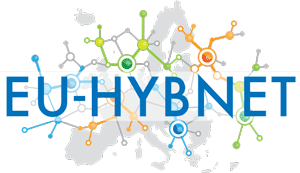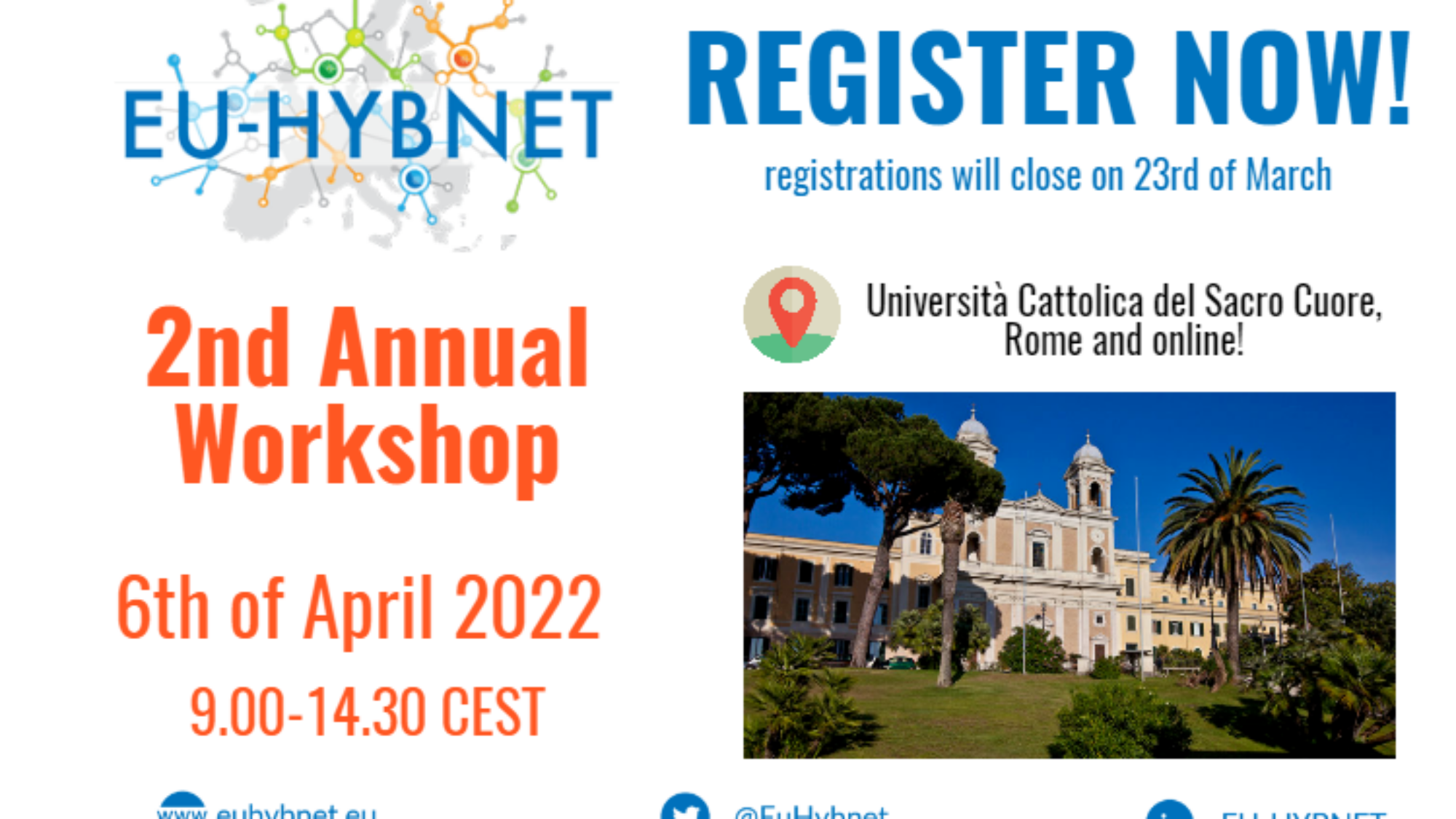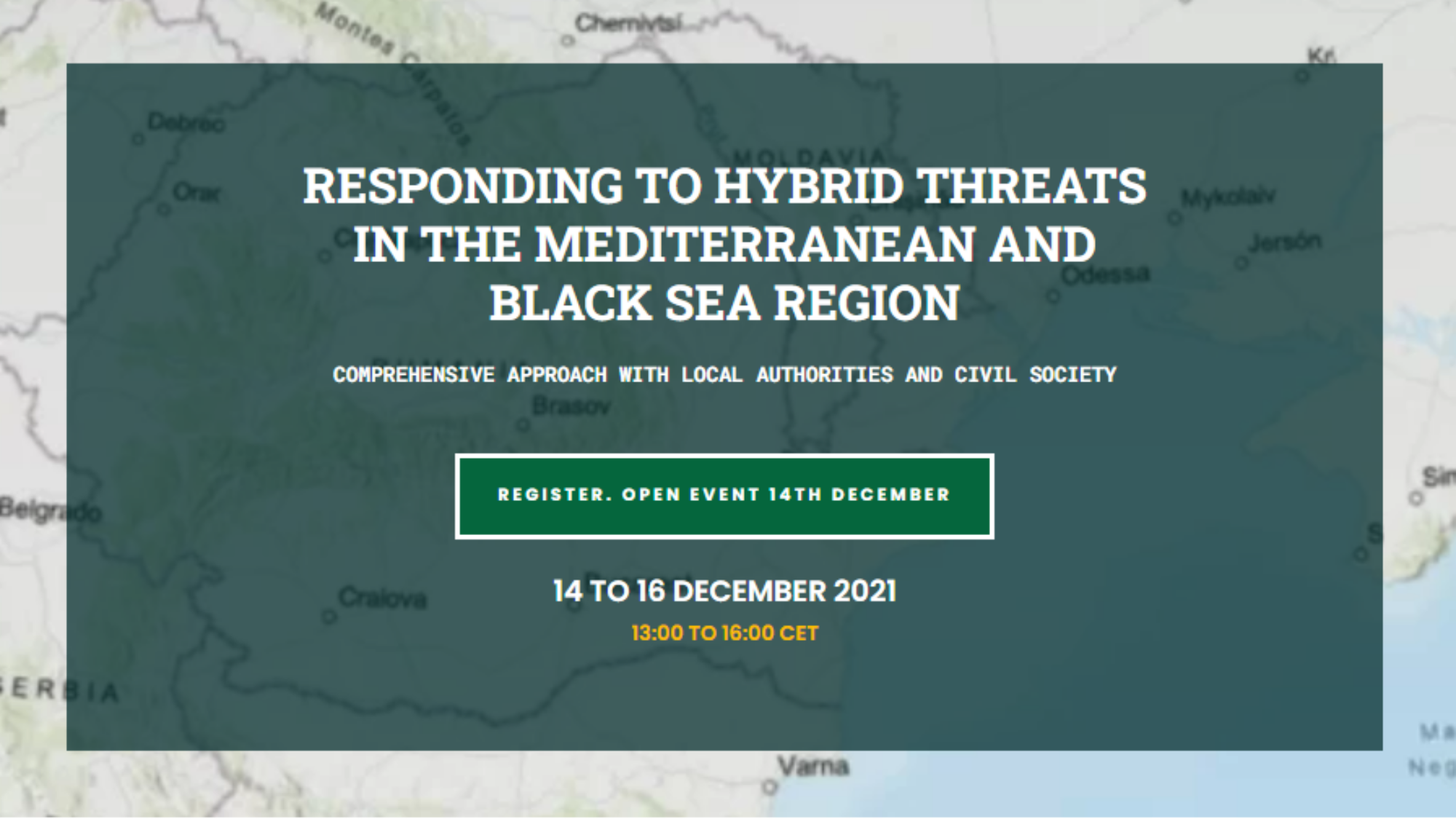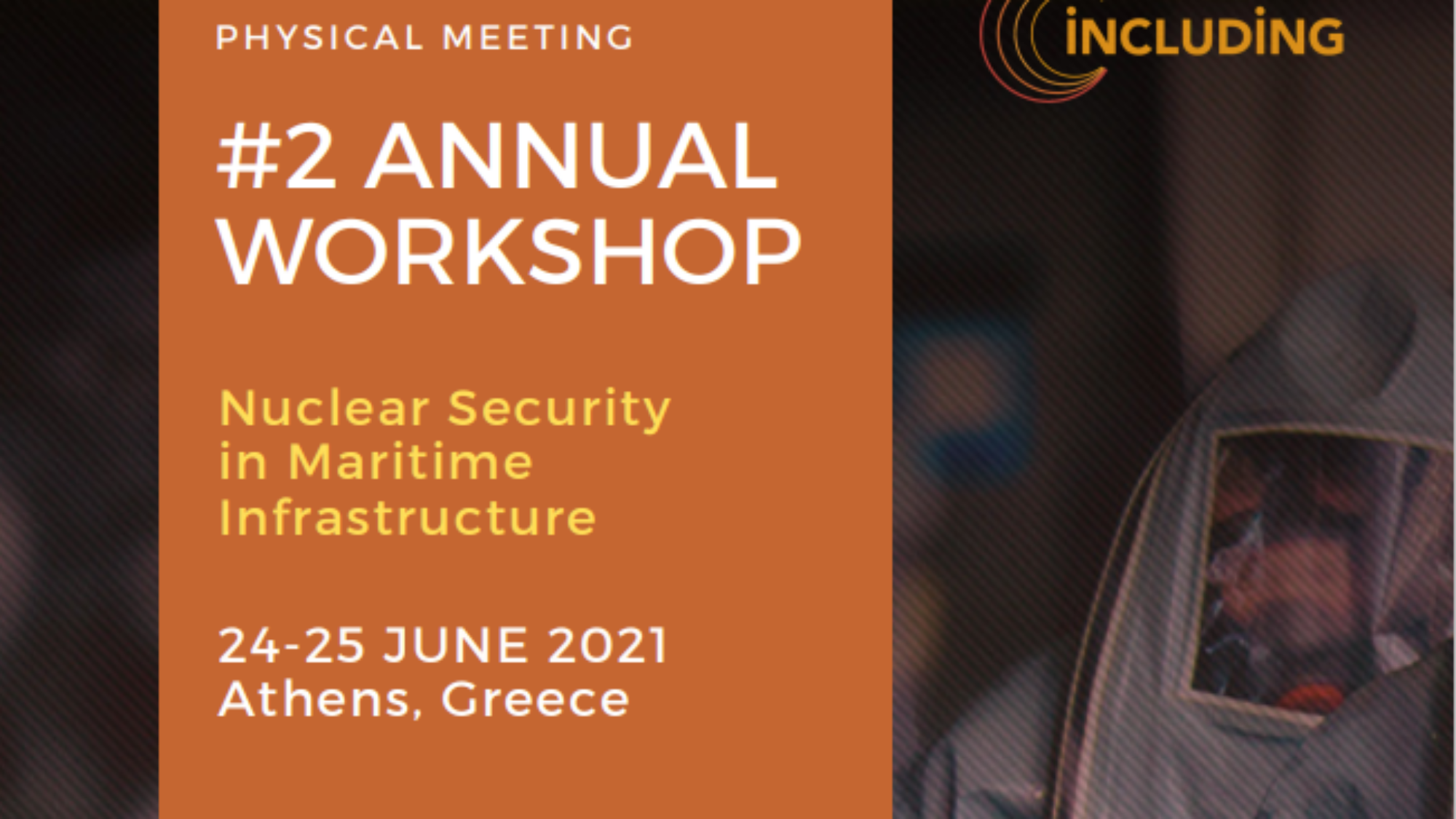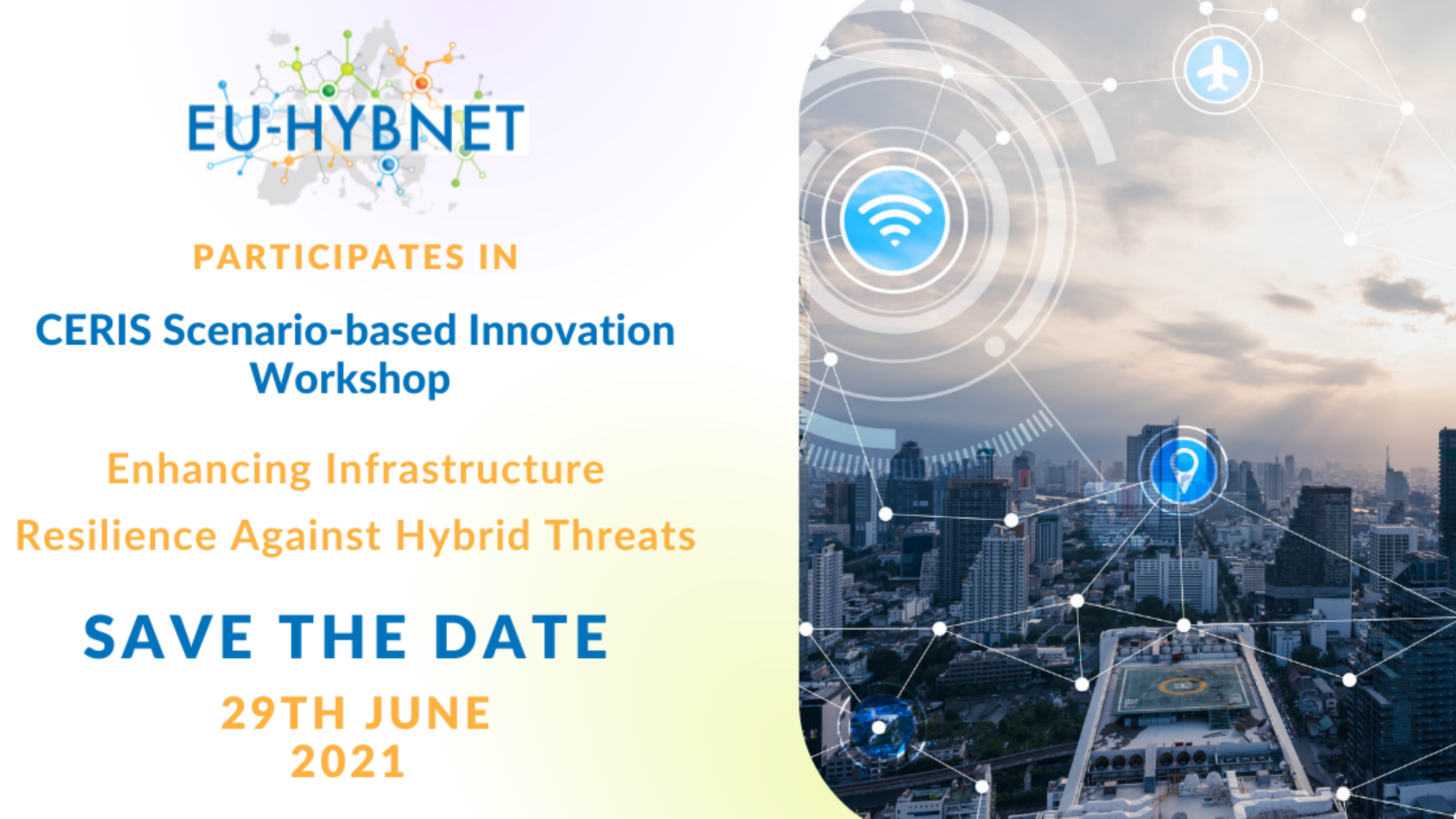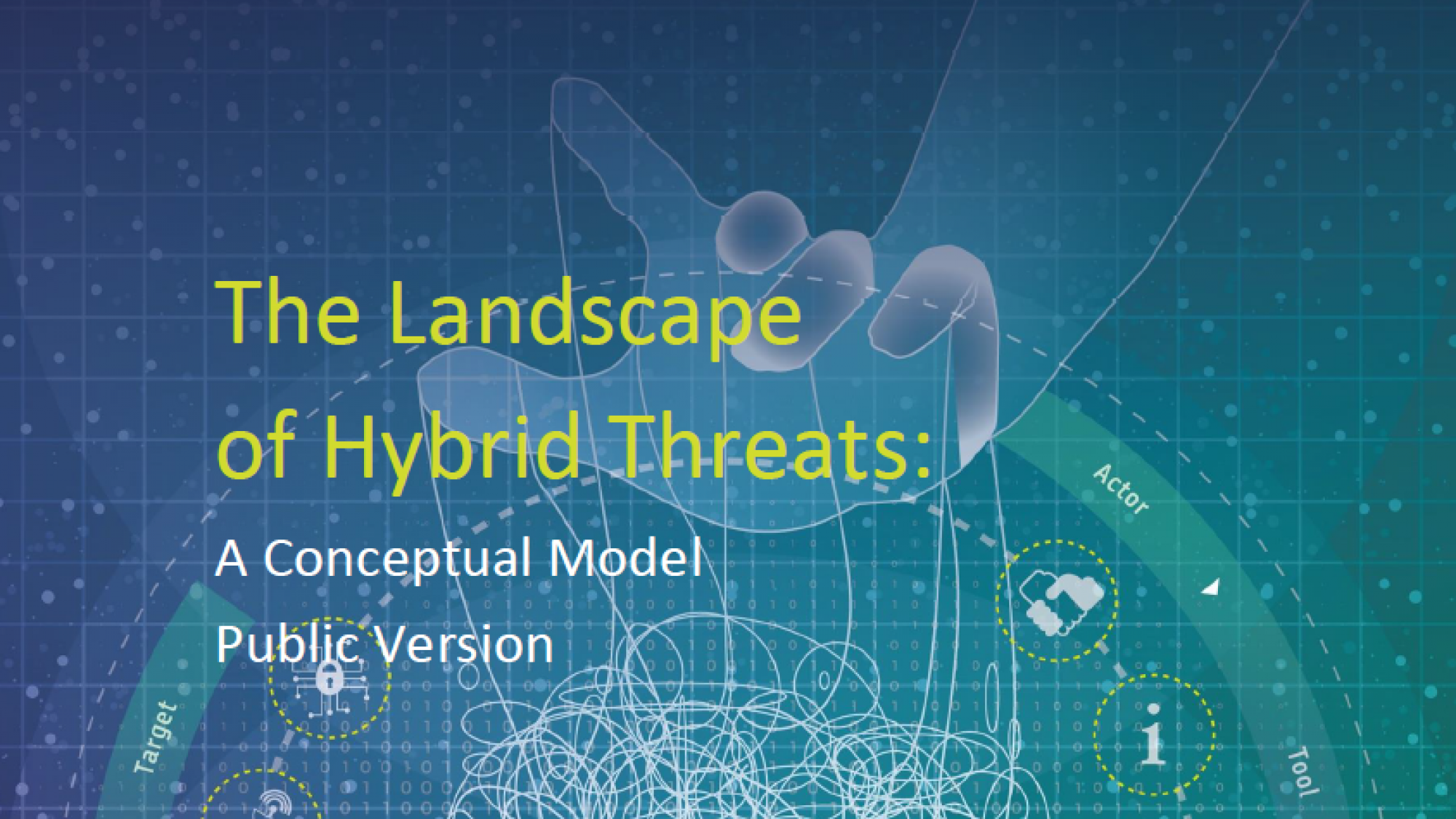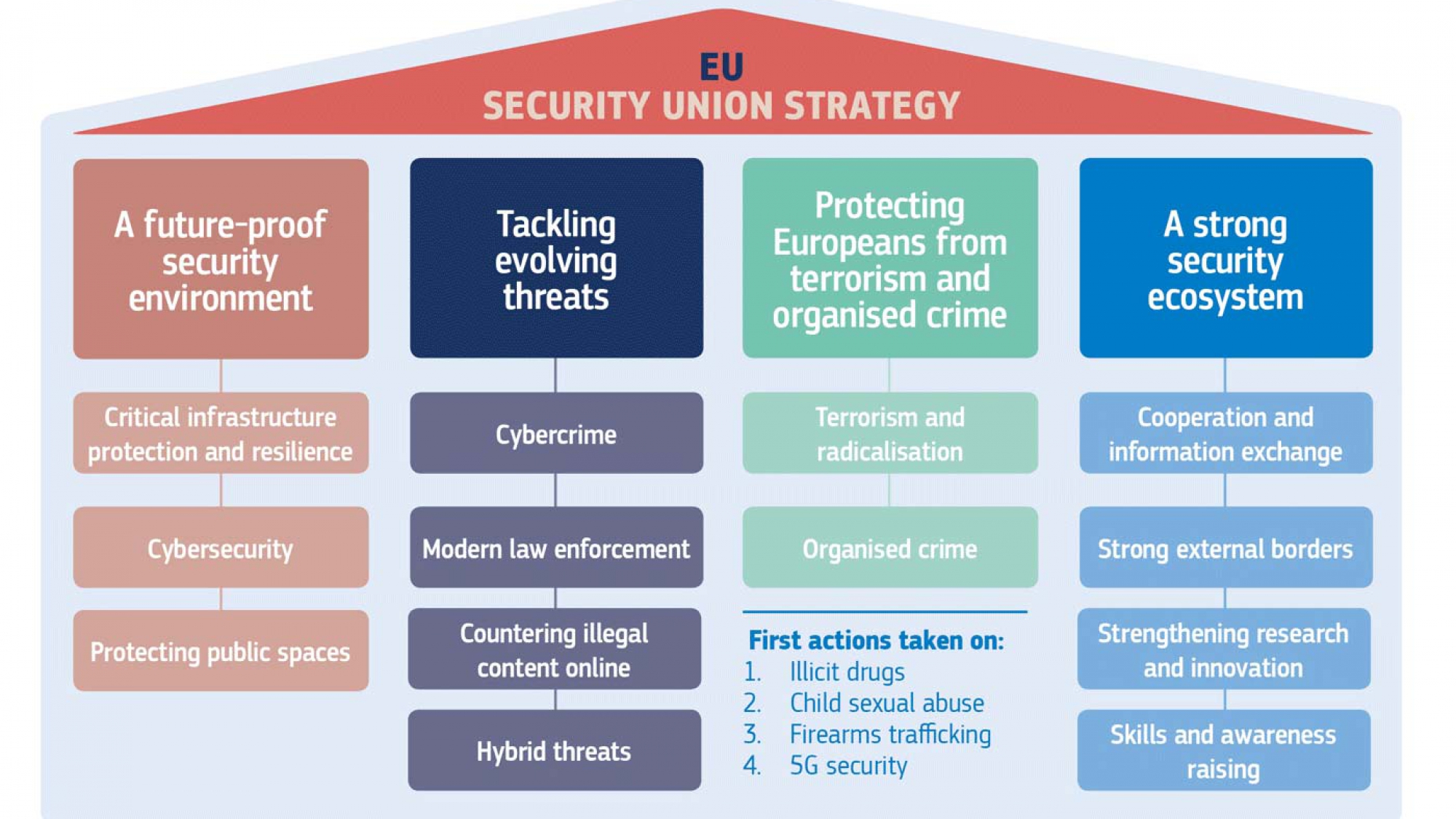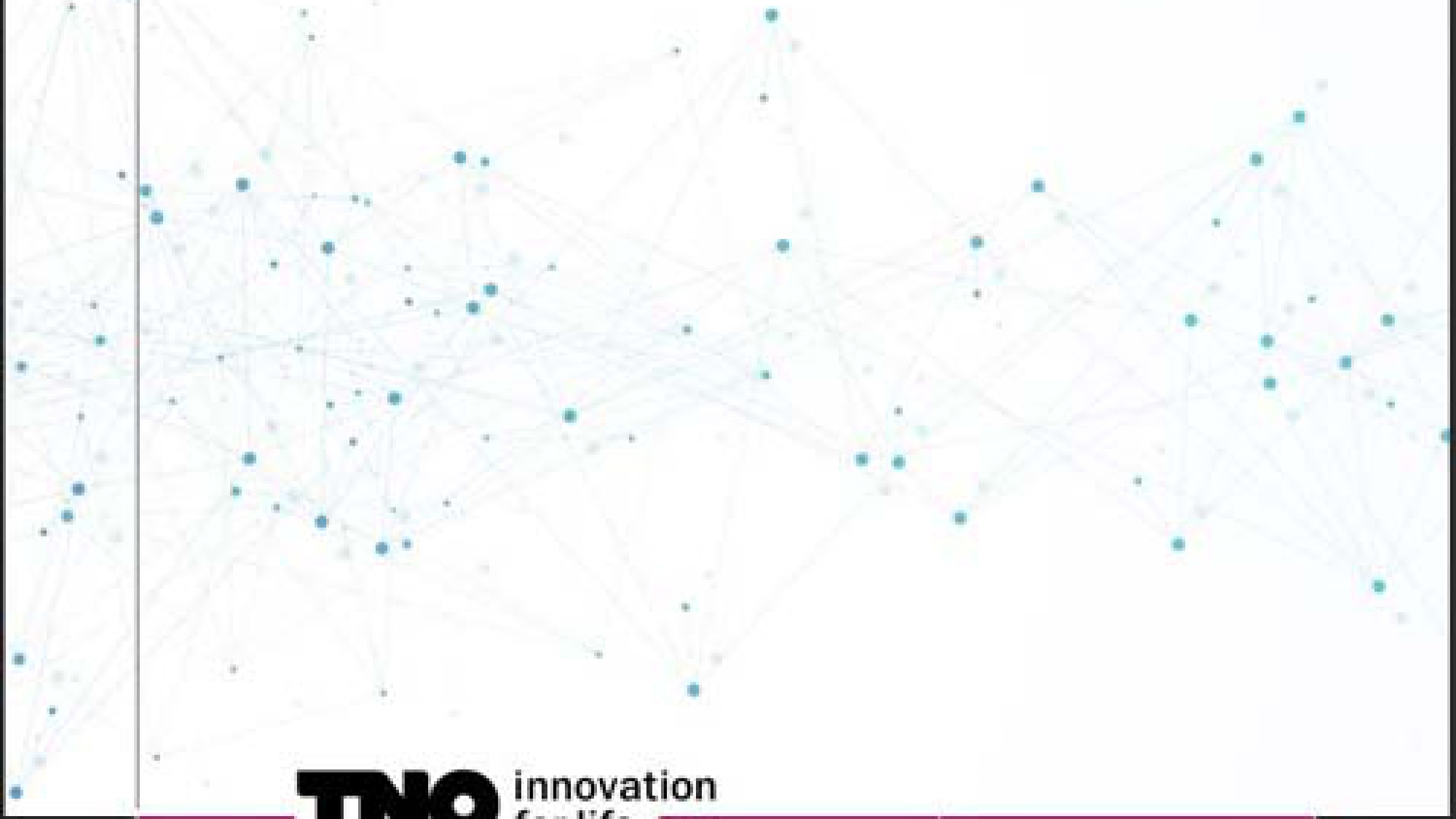Mark your calendars, because you are cordially invited to the 2nd EU-HYBNET Annual Workshop that will be held on 06 April 2022!
The EU-HYBNET Pan European Network to Counter Hybrid Threats Annual Workshop aims at highlighting the results and findings of the EU-HYBNET project gained during the second project year.
As part of the event, EU-HYBNET is inviting organizations that work with security-related topics to present research and/or innovations which could contribute to countering hybrid threats. EU-HYBNET is interested to hearing about a wide array of issues such as:
* Technological innovations.
* Ideas in organizational change.
* Public policy measures and experiences.
* Solutions to increase security in and resilience of critical infrastructures, cyber domain, local and national government.
* Information and strategic communication systems.
Call for Innovations – Pitches
As part of the Annual Workshop, EU-HYBNET is inviting organizations and projects that work with security-related topics to present research and/or innovations which could contribute to countering hybrid threats. EU-HYBNET is interested in hearing about a wide array of issues such as technological and non-technological innovations and ideas in following areas:
* Future trends in hybrid threats: detection of the weak signals and vulnerabilities to improve foresight capability in the areas of
– critical infrastructures and supply chains;
– resilience of the space domain;
– public outreach and content accessibility
* Cyber and Future Technologies: monitor sentiments among populations such as
– interference practices during crisis;
– detection of fake content online;
– disruptive technologies
* Resilient civilians and local admin: increase trust among government and people
– training/education of practitioners/citizens;
– cross-collaboration initiatives between public and private sector;
– destabilization aspects of democratic governance
* Information and strategic communication
– communication techniques targeting specific groups;
– methodologies for fighting against disinformation;
– methodologies for reducing impact of disinformation
Innovations related to hybrid threats but not linked to the topics abovementioned can also be submitted. For the technological solutions we encourage you to submit your application only if your solution has a TRL >7.
If you are interested in presenting your solution or innovative idea during the 2nd EU-HYBNET Annual Workshop, please fill out the template which you can download here. Each presentation will last a maximum of 10 minutes. Once we have received all inputs, EU-HYBNET will select the 6 most promising innovation to be presented during the workshop.
Kindly send your innovation by 11 March 2022 COB to the event organizers Rachele Brancaleoni and Monica Bernassola, Università Cattolica del Sacro Cuore:
rachele.brancaleoni@policlinicogemelli.it and monica.bernassola@unicatt.it
